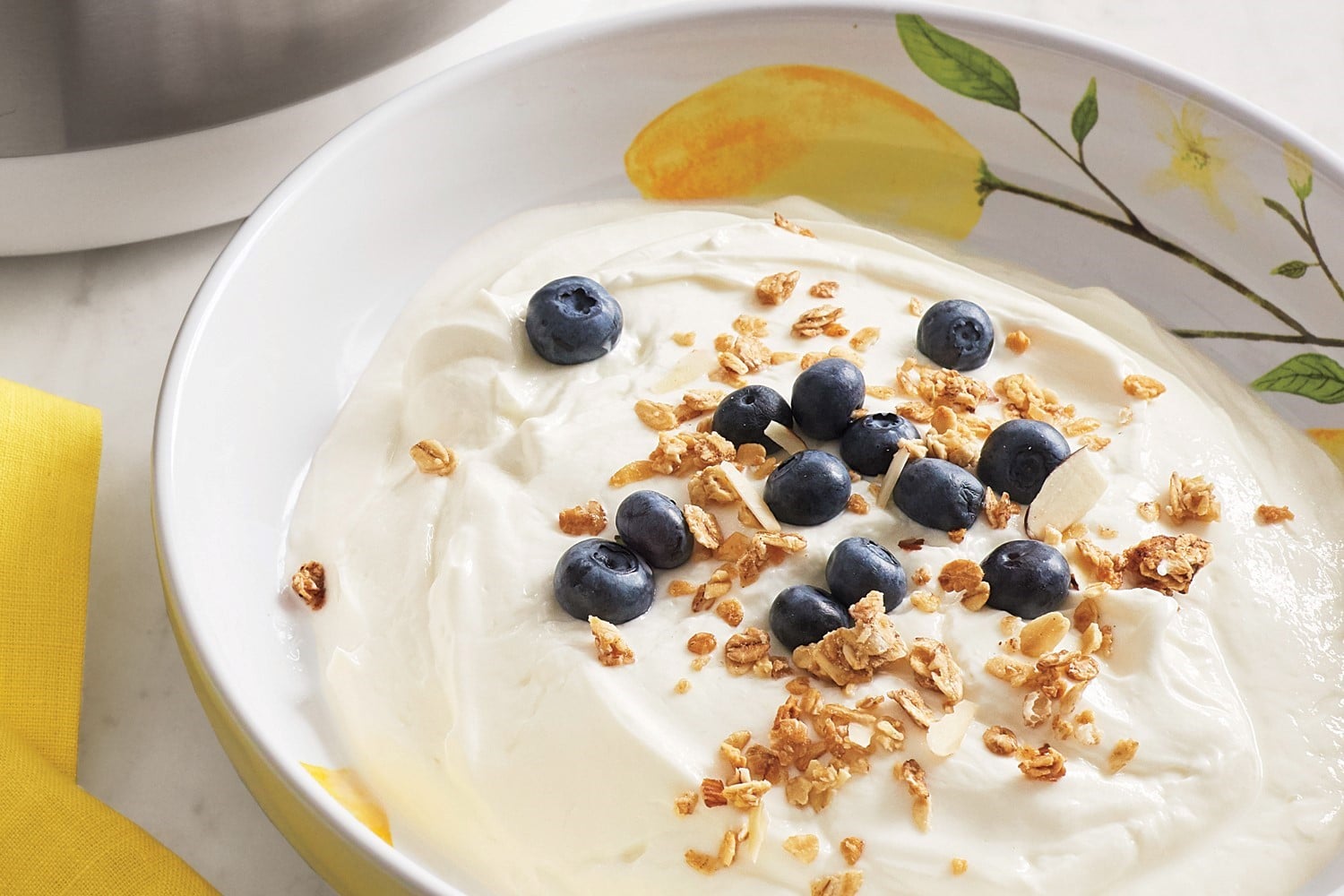Decisions, decisions.


From kombucha to kimchi, fermented foods have been gaining popularity in recent years, often lauded for their potential health benefits and unique flavor profiles—which typically fall somewhere in the tangy, sour category.
Fermented foods aren’t just a trend though—research shows that fermented foods are an important part of a healthy diet, as they’re packed with beneficial bacteria and other microorganisms. These microorganisms can help improve gut health, which is linked to a healthier immune system and even improved digestion.
But, with the growing popularity of fermented foods, it can be hard to know which foods to choose or how to use them in everyday recipes. This guide will discuss the overall gut health benefits of these foods, how they’re made, and popular dishes to try so you can make better gut health decisions in your own diet.
Hungry for more? Explore our cooking classes for tips and tricks from our chefs!

So, what exactly is gut health?
Gut health is simply the balance of good and bad bacteria in your gut microbiome, the home to billions of microbes, like bacteria and fungi, that live in your digestive tract. When your gut microbiome is healthy, it can help you to digest food and protect you from infection and illnesses. It also helps you absorb nutrients from the foods you eat and eliminates toxins and waste from your body.
The gut’s microbiome is very sensitive, and can easily be disrupted by poor diet, stress, and environmental toxins. An unhealthy gut may lead to gastrointestinal issues, nutrient deficiencies, and even chronic health conditions. An unhealthy gut may also cause inflammation, which can lead to a weakened immune system and a host of other health issues.
Fortunately, there are several ways to keep your gut healthy. Eating a balanced diet full of fiber-rich foods such as fruits, vegetables, legumes and whole grains is essential for healthy gut bacteria. Exercise and reducing stress are also important, helping to reduce inflammation and promote good gut health. Probiotics can also help to replenish the good bacteria in your gut and support a healthy microbiome.
A great source of gut-healthy probiotics can actually be found in a common type of food we eat: fermented foods.

The gut is often referred to as the “second brain” because it houses over 100 trillion bacteria, many of which are beneficial to our overall well-being. When we consume fermented foods, the beneficial bacteria in the food can colonize the gut and help balance the existing microbial population. This can improve digestion and help to reduce inflammation.
Top benefits of fermented foods include:
Fermented foods are made by allowing microorganisms like bacteria and yeasts to break down the sugars and starches in food.
This process occurs naturally by exposing food to the microorganisms in the air but can also be done with the help of a starter culture. The starter culture helps to speed up the fermentation process, as well as introduces beneficial bacteria that can create unique flavors, aromas, and textures in dishes.
Generally, the fermentation process takes anywhere from a few days to several weeks to complete, depending on the type of food being fermented.

Not only can fermented foods help to maintain a healthy gut, but they may also provide essential vitamins, minerals, and probiotics that may help keep your digestive system in top form.
Here are some of the top gut-healthy foods to try:
So, now that you understand the ins and outs of fermented foods, try your hand at one of the recipes above.
Hungry for more? Explore our cooking classes for tips and tricks from our chefs!
Do you have classes in Chicago
Hi Vonda!
You can find cooking class availability online by using our “Find A Store” tool. Search by zip code, city or state or for a full list of stores and cooking class offerings, select “View All Stores.” Any store with a whisk icon next to will have cooking classes available. Here’s where to find our store locator: https://www.surlatable.com/stores. Happy cooking!